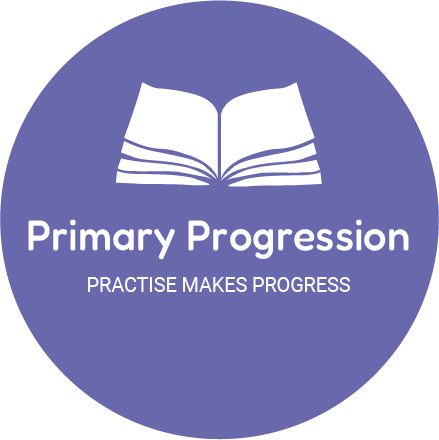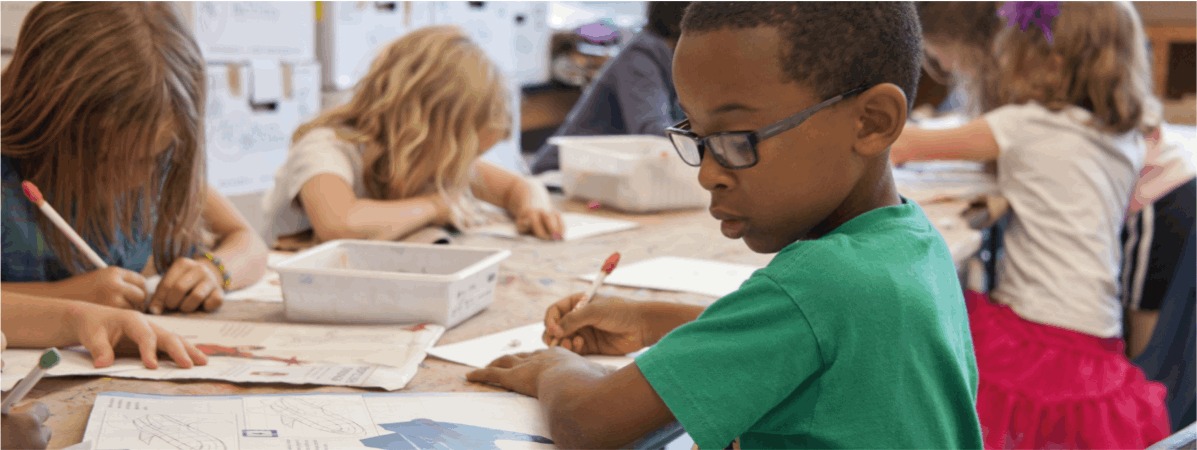A pupil’s attainment is constantly observed, supported and improved throughout their time in primary education. But what is attainment? Is attainment more important than progression?
What does practise makes progress (not perfect) means and how do we know our pupils are indeed making progress?
A pupil’s attainment is constantly observed, supported and improved throughout their time in primary education. But what is attainment? Is attainment more important than progression?

Attainment is a measure of a child’s academic ability which is used by schools to specifically pinpoint where a child is (or should be) for their age. Are they BLW (below), WTS (working towards), EXS (expected) or GDS (greater depth) compared to the age related expectations set out by the Department for Education? Frequent formative and summative assessments are held in schools to monitor the attainment levels for every child, in every curriculum area. In order for a teacher to assess a child as working at age related expectations, the child must show they can meet the attainment criteria set out by the National Curriculum or the EYFS (Early Years Foundation Stage) Framework, produced by the Department for Education.

Although it is incredibly important for children to reach the age related expectation for their year group, is it the most essential part of their education? Yes…no? Yes, all students should strive to do their best and be of the expected standard by the end of their year group, so they can access the curriculum and “real world” beyond education with no/limited difficulties. However, it is possible for children to get lost in the battle for being EXS or GDS and that they (and occasionally family members) cannot detect the amount of progress they have made that academic year.
Progress is when a child makes steps towards a final goal to either complete said goal or move onto a higher stage. So why can progress go undetected? Often, when children are trying to meet a goal and do not achieve it at the end of the year, such as perfectly cursive handwriting, they forget to look back at their starting point to see how much progress they have made. For example, at the beginning of the school year a pupil’s handwriting might be completely illegible with a complete lack of letter formation; however, by the end of the year – although the handwriting may not be neat – the pupil can now form most of their letters accurately. That is fantastic progress! But it is not the attainment target of cursive handwriting. Children need to be reminded that everyone learns at their own pace and although attainment is important, making progress is more crucial.


So why do I use the phrase “practise makes progress” and not “practise makes perfect”? In my classroom this is a phrase that I instil in my students to build their confidence and self-esteem. I have found that when they no longer latch onto that end attainment target and become reflective learners, they make faster and better progression within their learning and towards the attainment criteria.
Practise makes progress. Everyone’s idea of “perfect” is different. For example, one person might think the perfect cake is chocolate, another may think strawberry. Me? I don’t like cake! There is no perfect cake for me; however, we can all progress our baking skills to make the cakes. This applies to learning too. There is no “perfect” ending that fits everyone. Therefore everyone should strive to make good progress from their starting point each year.
So how do we know when a student is making progress towards their intended target? Firstly, through summative assessment (testing) we can see an increase in their final score which shows progression of understanding. Secondly, in practical, social and emotional areas we will see progress through their reactions to tasks, the increase in their confidence, pride in their work and reflecting back on their starting point. Finally, we tend to see a child is making progress when they are able to answer and ask more questions during lessons and no longer need specific interventions.




One comment
Cassandre Hermann
05/09/2022 at 8:35 pm
Interesting take on progress and attainment. I think the argument for pupil confidence is really valid and attainment should be improtant but not focal as children need to be children first and formost.